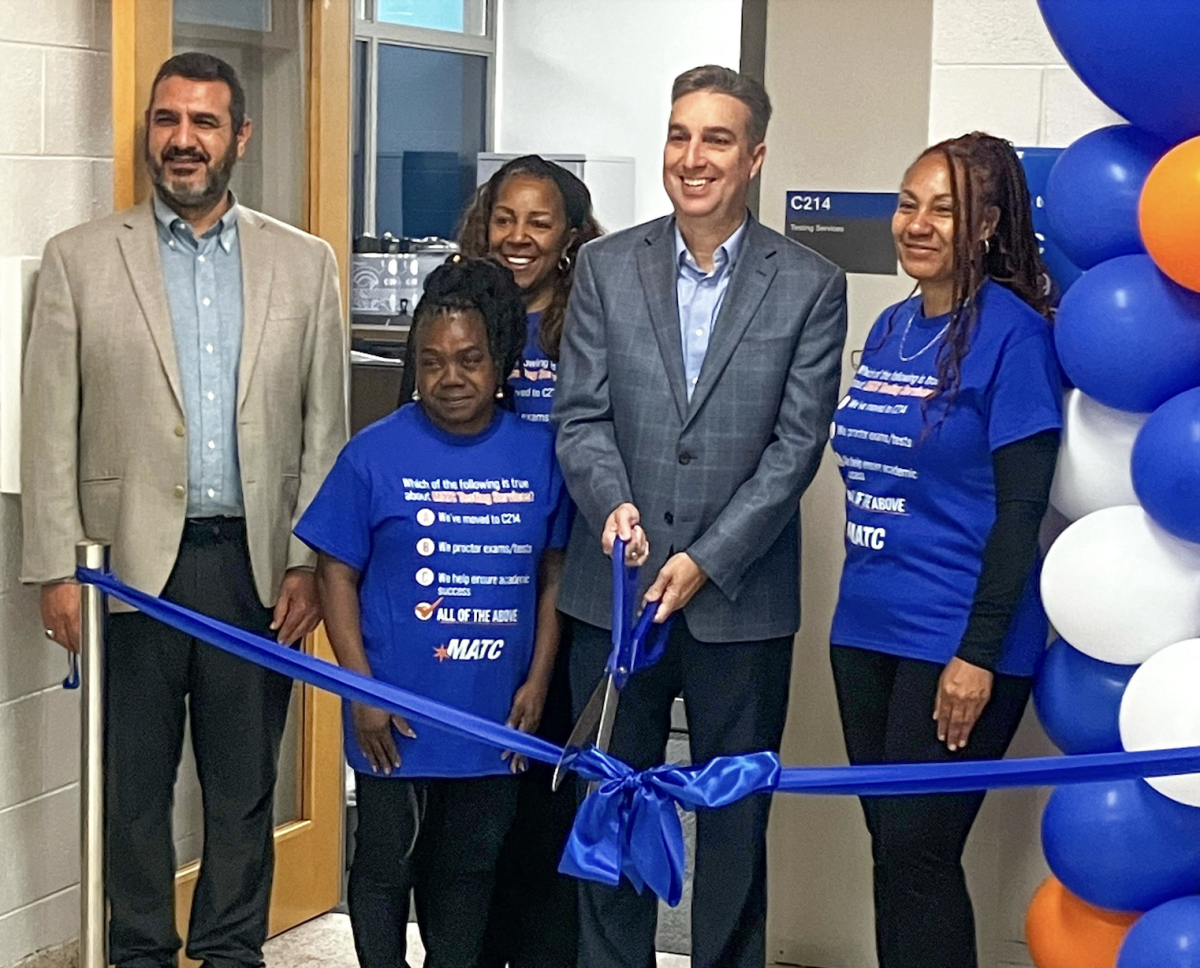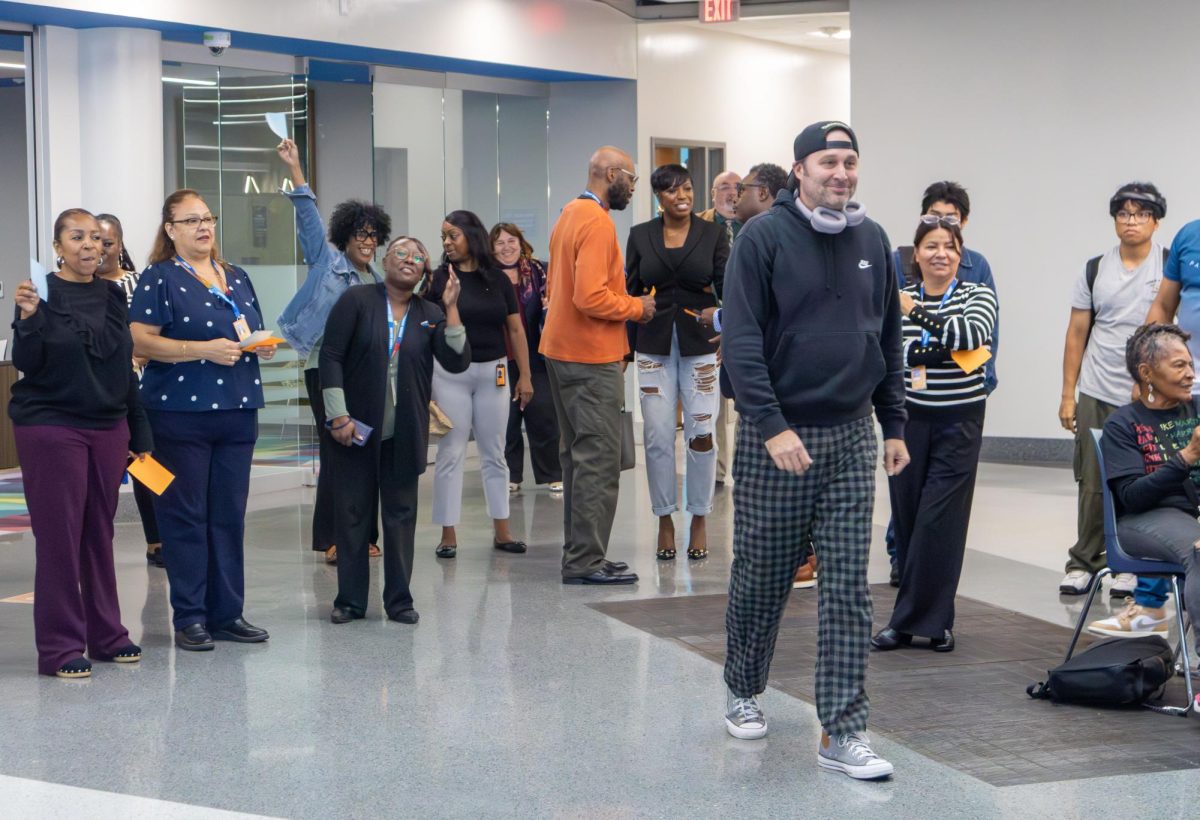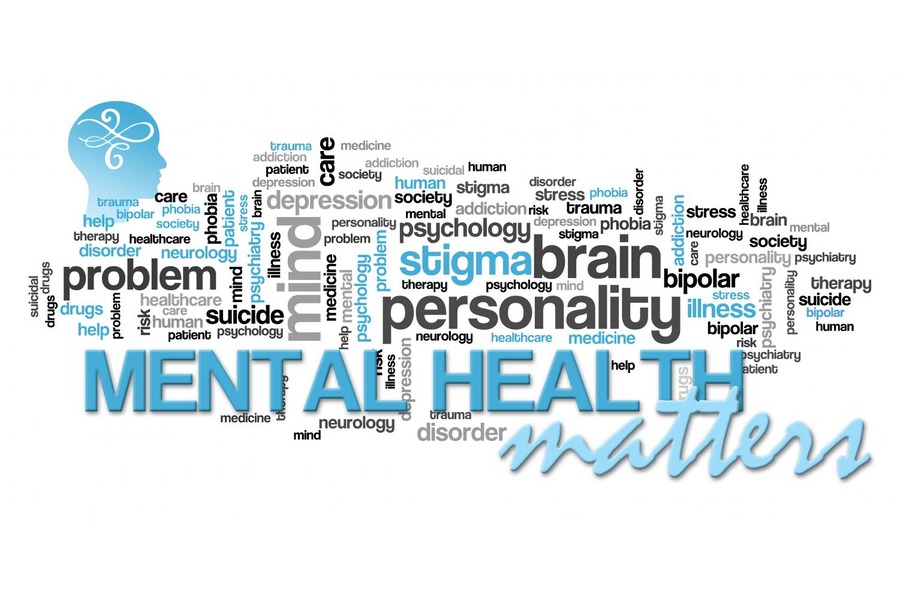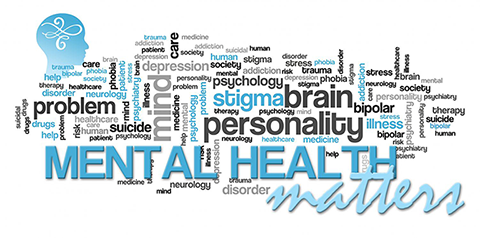The MATC Times wants to have a meeting with the coaching staff, athletic directors, athletic trainers and most importantly, our athletes. We understand that you guys know how to win a game by having a game plan. However, can anyone admit that there is a game plan when it comes to beating depression? What about anxiety? Isolation and loneliness? If the answer is no, then we would like to introduce you to Nicole Gustafson, a Licensed Professional Counselor at MATC. She has the game plan that will help everyone beat this new opponent that we have all met before but are afraid to face. Its name is: Mental Health Struggles.
Research shows that the main mental health issues athletes face are stress, anxiety, depression, eating disorders and feeling burned out. I asked Gustafson what she thought the causes were and wondered if it could be the amount of pressure when it comes to trying to win games. She said, “I think the causes for the mental health challenges athletes face can vary, and they almost seem inevitable as being an athlete can be very demanding which is akin to many performative and high-pressure situations. Being an athlete is also not a one-off thing, like an exam, or a job interview that have significantly shorter periods of anticipatory and situational anxiety.” Gustafson continued, “Things I tend to wonder, in terms of what might contribute to mental health challenges, does the athlete have a good support system? Are they able to cultivate resilience to be able to handle the demands and pressures? Are they well balanced in their life with restorative activities and athletic demands, and are they open to getting treatment to address some of the very understandable stress and mental health needs they have?”
One-Third of Athletes Struggle with Mental Health Issues
According to the NCAA (National Collegiate Athletic Association), approximately 30% of athletes struggle with mental health conditions. I asked Gustafson if she thought that college sports should have a mental health week and if they do, will it help the athletes feel less pressure and stress from it? “That’s a great start!” she said. “However, I think that there should be some sort of mandatory mental initiative–not necessarily counseling–but more of a psychoeducational and informative ongoing mental health and wellness offerings, and how to connect with these services throughout the duration of the pre-season and regular season itself. I would like to see these offerings be both proactive about what athletes may commonly experience, as well as what options they have to help address any struggles they may be having that are just getting to be too much.” Gustafson said. She believes that “The ebb and flow of being an athlete also changes during a season, and is very dynamic, so giving some info in a vacuum like a mental health awareness week is timely, (but) I believe it is not as effective as ongoing check-ins and information sharing.”
Some Athletes have Shared their Mental Health Struggles
There are many elite athletes who are not afraid to share their mental health struggles, such as Olympic Swimmer Michael Phelps, Tennis player Serena Williams and even here at home Milwaukee Bucks superstar Giannis Antetokounmpo. These athletes mentioned how once they started therapy it really helped them. I asked Gustafson if she thought student athletes should be more aware about counseling, especially the resources on the MATC campus. She responded, “100% yes! When we see those who are crushing it in their sport show us their human side, it sure does break down the stigma about asking for help.”
Mental health often gets overlooked in college sports. I asked Gustafson, what she thought of providing mental health evaluations on student athletes before, during and after the season. “Ideally, yes, I would like to see that happen,” she said. “However, my mind goes to what we do with what we learned from the eval? Not all folks feel like it is okay to ask for help, as well as it is okay to receive it. So, I would say evaluations would need to have a specific focus regarding what information is being gathered and a series of strategies about what to do with the information that does not carry a mandated one-size fits all approach.”
Performance Enhancing Drugs
What caught my attention was when Gustafson mentioned “What do we do with what we learned from the eval?” It reminded me of a book I read called “Not for Long,” by Robert W. Turner. It talks about the life and career of the NFL player. In one chapter, Turner says 20% of high school teens reported using steroids to increase muscle mass. There have been many reports about college athletes in this same situation using PEDs (performing enhancement drugs). I wondered if that would be considered a mental health issue and asked what athletes can do to stop taking PEDs. Her answer was very interesting. “I have not treated anyone using PED, but I would imagine that the need to be best, win, and perform the best, (is) the best most pressing cause for why folks may choose these drugs.” She also mentioned “In sports, where maintaining a physical appearance or certain body mass are a big consideration, I would guess that could be a factor in using too. I also think that social norms within a particular athletic group start to become commonplace, doing things one might not mentality. In other words, the practice of using becomes normalized, and folks (who) don’t pause as much as they may otherwise would, are more likely to adopt a new normal.”
Mental Health Struggles and Suicidal Thoughts
Lastly, I asked what advice she would give a student who is struggling with mental health issues, thoughts of suicide, or addiction but is afraid to reach out and get help. Gustafson said, “It takes way more courage to ask for help than it does to turn away from your pain and ignore it.” She continued, “Have you ever sat down with a perfect stranger and talked about the good parts of you, and the most awful ones? That is some bravery to me. Doing so for yourself–it can be transformative and life changing–and a gift you give to yourself. Everyone, every single person on this planet has suffered at some point in their life, and you aren’t the only who is struggling, and you are deserving of being your healthiest self.”
The MATC Times and CAPS (Counseling and Psychological Services) want you to know if you are having thoughts of suicide, please dial the suicide crisis hotline at 988. If you are a Veteran and are also in a crisis, contact the Veterans Crisis line; dial 988 and then press 1 to chat live or text 838255. If you are experiencing a mental health crisis and need immediate assistance, call 414-297-7582 and press 1 to speak to an MATC Counselor. For other issues, current MATC students can contact CAPS at [email protected].
Remember, it is okay to ask for help. Win the game of mental health!

































































